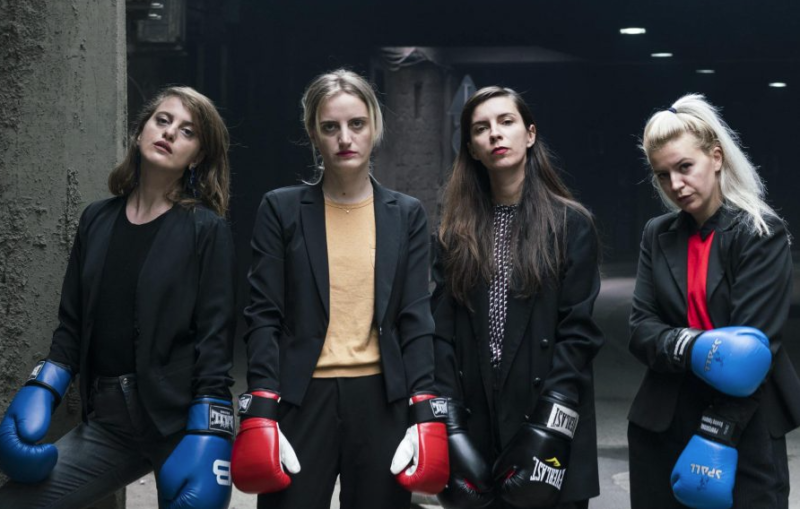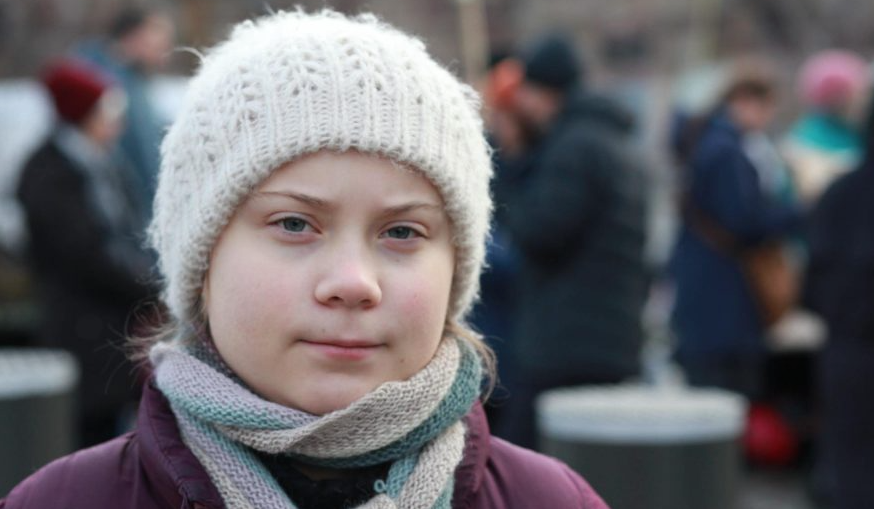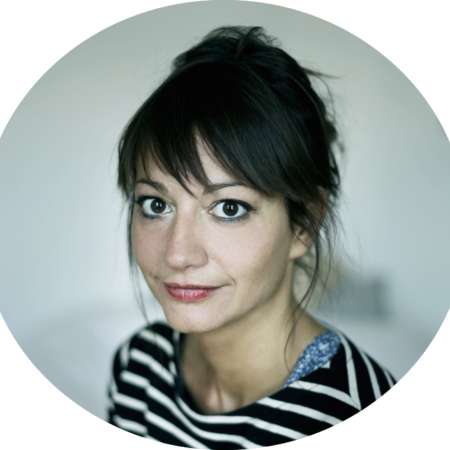Sisters of Europe is a thrilling new project that empowers and connects women across Europe through inspiring stories from 17 countries, four public Agoras in Berlin, Paris, Warsaw and Athens and a political action.
By Prune Antoine, Berlin
Last summer, I had a child. A baby girl. Becoming a daughther gives you a particular sensitivity when it comes to women’s rights. And let me tell you there is still a lot to do, even within the Europe union, a continent that claims the equality between men and women in 1957, as one of its founding principles.
More than a year after #Metoo, the lack of representation and the lack of diversity of women pictured in the medias, in the public sphere, in the politics seems striking to me. Besides, I do feel there are only two official narratives: to be either victims, or wonderwomen. In both cases, massively photoshopped. The concept behind Sisters of Europe is to fill in this gap. In telling other stories.
Give voices to new thoughts
Conceived and co-founded by myself, in tandem with Elina Makri, a Greek journalist, we looked for a great partner. In 2018, Sisters of Europe was among the eight finalists of Advocate Europe, the European Ideas Challenge by MitOst, in cooperation with Liquid Democracy and is funded by the Stiftung Mercator. During various workshops offered by the program, we had the opportunity to fine-tune our idea. It became was very clear: we wanted to empower and connect women across Europe. Both online and in real life.

We designed the project to be articulated around three pillars: first, a website displaying interviews with inspiring personalities, to document women’s situation in Europe in 2018, 100 years after the suffragettes first claimed their right to vote. Second, a serie of events: four public agoras that will take place in Warsaw, Paris, Berlin and Athens, where a spectrum of issues European women are grappling with – region by region – will be tackled. Last but no least, as a final outcome and a political statement, a list of concrete recommendations to improve women’s rights in Europe shall be elaborated to be transmitted to the European Parliament after the 2019 elections.
Telling stories
While Elina was leading the events organisation and the administration, I ran the concept and the editorial side. I first had to recruit a crew: 34 authors and photographers from 17 countries, of course gender-mixed. They all belong to a new generation of talented European journalists working across borders, from Paris all the way to Pristina. For Sisters of Europe, they reported from France or Germany but also from countries like Kosovo, Ukraine or Turkey because we strongly believe that Europe is not only shaped by its member states, but by its neighbours as well.
Our 17 sisters had to be “inspiring” women. In fact, what makes a woman “inspiring”? Is is the fact that she is famous? Is is the fact that she is rich? Is it the fact that she is beautiful? Those are mostly the images projected by medias. As a reporter, I myself have covered many women’s stories over the last decade; raped women during Bosnia and Kosovo’s war, surrogate mothers in Ukraine or Pussy Riot. To my eyes, any woman is inspiring from the moment she has seen and been through a lot. And when she is willing to share her experience.
The 17 “sheroes” we are presenting are famous and unknown, young and old, activists and astronauts, miner and politician, but they all share a common goal: to change things. No all of them are calling themselves “feminists”. Because in a time of politically correct and crisis, it is essential to offer different point of views. French cartoonist Emma, Swedish climate activist Greta Thunberg, German physician Kristina Hänel or Italian astronaut Samantha Cristoforetti have accepted our invitation.
By reading their inteviews and some others, you’ll discover their vision of feminism but also what they want for Europe. You’ll understand what issues they (and maybe you) are facing onver their daily life: mental load, gender pay gap, discrimination, sexual harassment… You’ll also learn what they suggest to improve women’s rights in Europe.
Raise issues
European feminism has its own geography. While domestic violence is a reality for women in southern countries, closing the gender pay gap is a priority in the West. This is why besides the website, we will be holding four events in four different cities spread across the continent. During spring and summer 2019, four public agoras will take place in Warsaw, Paris, Berlin and Athens. During these discussions, a spectrum of issues European women are grappling with – region by region – will be tackled. And you are warmly invited to attend.
Take action because you too, can become part of the Sisters of Europe. Linked to the website and the events, a list of concrete recommendations to improve women’s rights in Europe will be transmitted to the European Parliament, after the 2019 elections. What about a universal right for abortion within Europe? Or a mandatory and longer father leave? In one click, you too can submit us your ideas and your dreams.
To build a Europe of women.











